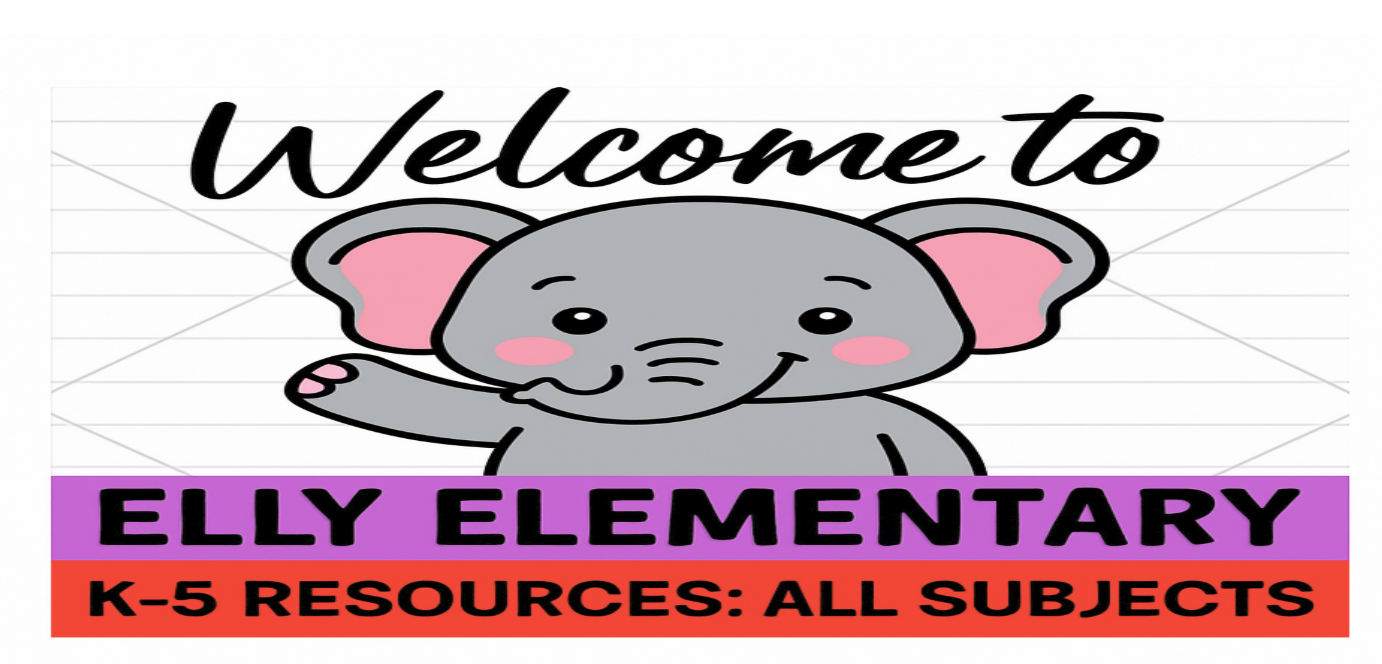Is it important to practice reading comprehension with children? Do the questions grow harder as reading levels improve?
Reading comprehension questions offer several benefits, both for students and readers in general:
Assessment of Understanding:
- Reading comprehension questions are designed to evaluate how well a reader understands a given text. They assess whether the reader has grasped the main ideas, details, and nuances presented in the material.
Critical Thinking Skills:
- These questions often require higher-order thinking skills, such as analysis, synthesis, and evaluation. Readers must go beyond simple recall and engage in deeper cognitive processes to answer effectively.
Retention and Memory:
- By answering comprehension questions, readers reinforce their memory of the material. The process of recalling information and responding to questions helps solidify the knowledge gained from the text.
Engagement and Focus:
- Having specific questions to answer can enhance a reader's engagement with the material. It encourages active reading and helps maintain focus, as readers know they will be required to demonstrate their understanding.
Language Development:
- Responding to comprehension questions requires expressing ideas clearly and concisely. This process contributes to the development of language skills, including vocabulary, grammar, and the ability to articulate thoughts.
Exam Preparation:
- Reading comprehension questions are common in academic assessments, standardized tests, and competitive exams. Practicing these types of questions helps students become more adept at tackling similar challenges in exams.
Cognitive Skills Enhancement:
- These questions often target specific cognitive skills, such as inference, deduction, and interpretation. Regular practice with comprehension questions can enhance these skills, which are valuable in various aspects of academic and professional life.
Fostering Critical Reading Habits:
- Comprehension questions encourage readers to approach texts critically, questioning assumptions, considering different perspectives, and evaluating the evidence presented. This contributes to the development of a more discerning and analytical reader.
Preventing Passive Reading:
- Rather than passively reading through a text, comprehension questions prompt readers to actively engage with the material. This active involvement leads to a deeper understanding of the content.
Preparation for Real-world Applications:
- In professional and everyday life, individuals are often required to read and understand complex information. The ability to comprehend written material is a crucial skill for tasks ranging from interpreting policies to understanding technical documents.
No matter what grade you teach or your child is in, take a look at the book unit plans available on my site, Elly Elementary.
Some examples:
Lower grades: CLICK, CLACK MOO: COWS THAT TYPE
Middle Elementary: CHARLOTTE'S WEB
Upper Elementary: JAMES & THE GIANT PEACH
In summary, reading comprehension questions serve as valuable tools for both educators and learners, fostering critical thinking, assessing understanding, and promoting active and engaged reading practices.
Please feel free to email me at Elly713@ellyelementary.com or visit my Facebook page, Elly Elementary.
HAPPY & HEALTHY 2024 TO ALL !!!!!



Comments ()